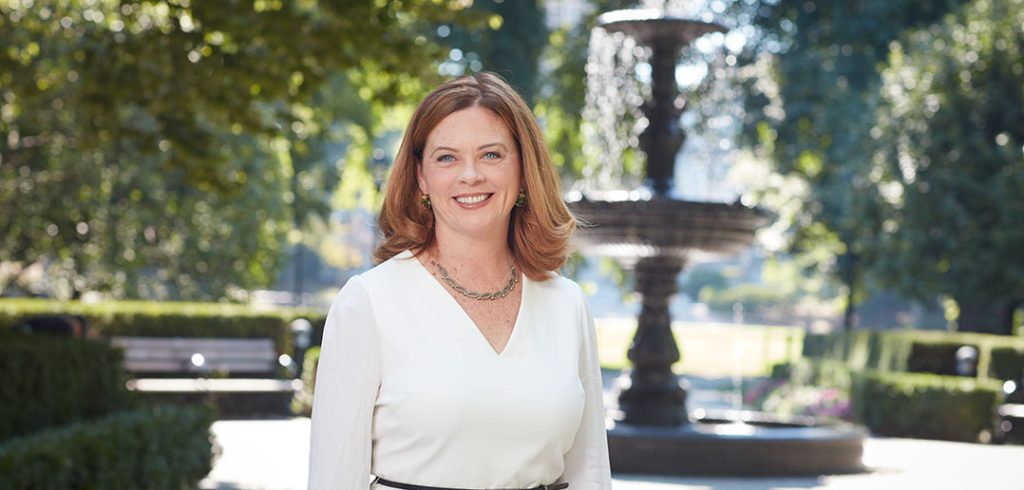I am not a digital native, nor an enthusiastic user of social media, but as a university president, I recognize that many of the faculty and students are going to “meet” me for the first time (or exclusively) on Twitter, and that’s even more true for most alumni and parents. I think of Twitter less as a public square than as a digital coffee break, where I and members of the Fordham community can get to know one another a little.
I like the idea of Twitter as a public forum, but I have doubts about how it plays out in practice. For good or ill, in an in-person forum, you put your name and face to your ideas—your reputation is on the line, with real-world consequences. When I come across deeply uninformed or hateful commentary on Twitter, it is often via anonymous accounts. While there are good reasons for private citizens to cloak themselves in anonymity when taking on the powerful, mostly these accounts are attacking other private users, and doing so without consequences.
Long policy threads aside, I don’t think Twitter lends itself to reasoned analysis nor productive debate: at the very least, the breadth of the online audience virtually ensures that a good portion of people who see a discussion will lack relevant context on any given issue. For us, Twitter is a useful channel for sharing information on University policy and events (almost always by linking to more substantive posts on our news pages), and from my personal account (@tetlowtania), for giving students, faculty, and staff a window into my interests and my activities as president. Twitter can be useful for fundraising—used sparingly, for highlighting the accomplishments of the Fordham community, and for engaging with the media.
Will I (and Fordham) stay or go under Twitter’s new management? It depends—so far we haven’t noticed any changes that aren’t attributable to the normal background noise of social media. But it’s early days. We’re on Twitter now because that’s where a significant portion of our constituency is: should the changes drive our students, faculty, staff, alumni, and parents away, we’d certainly have to consider whether to continue investing person hours—including mine—in a communications channel that’s not reaching anyone we want to connect with.
We would hate to lose a useful tool to connect with the Fordham community—especially our geographically dispersed alumni and parents—so for the time being we will wait to see whether they stay before making any big decisions.
–Tania Tetlow
President, Fordham University

